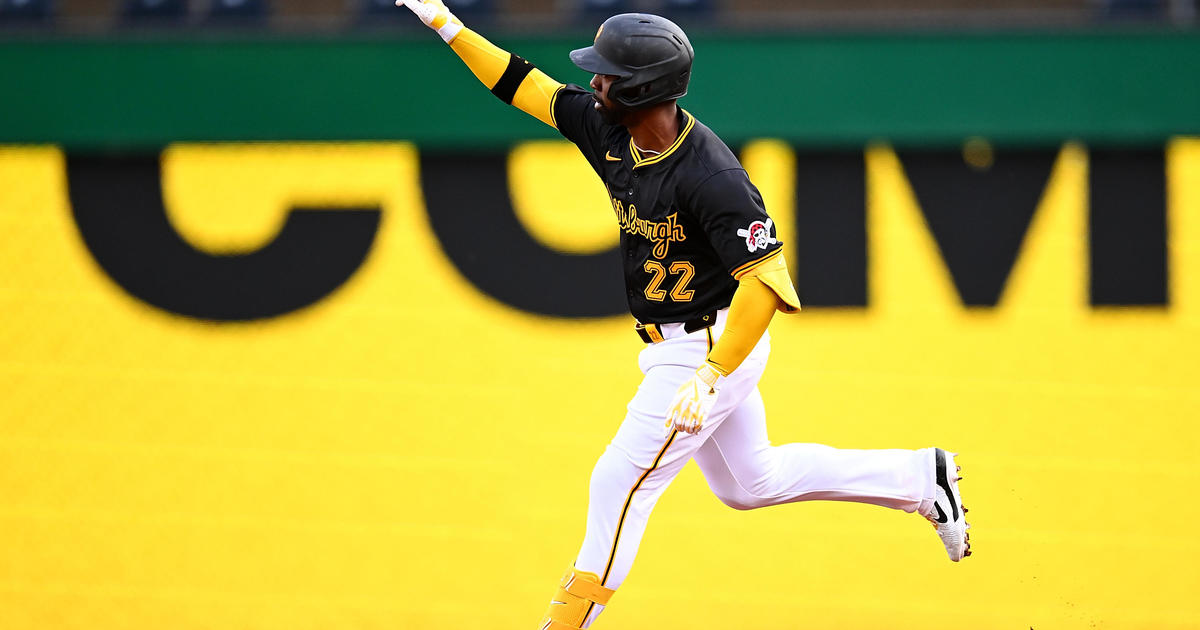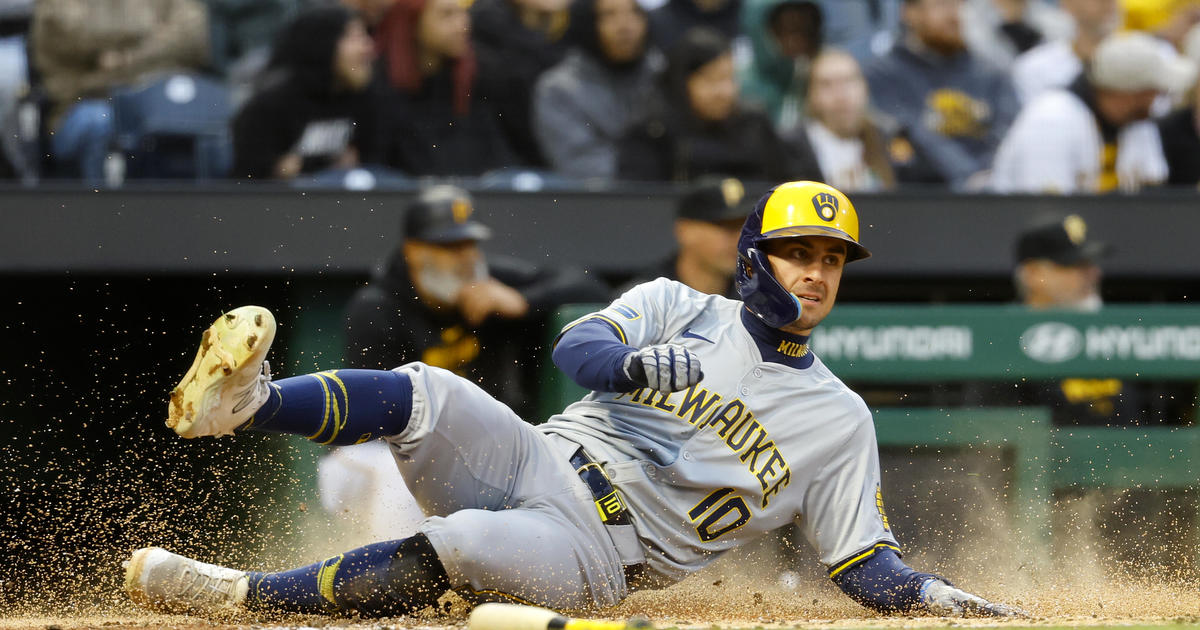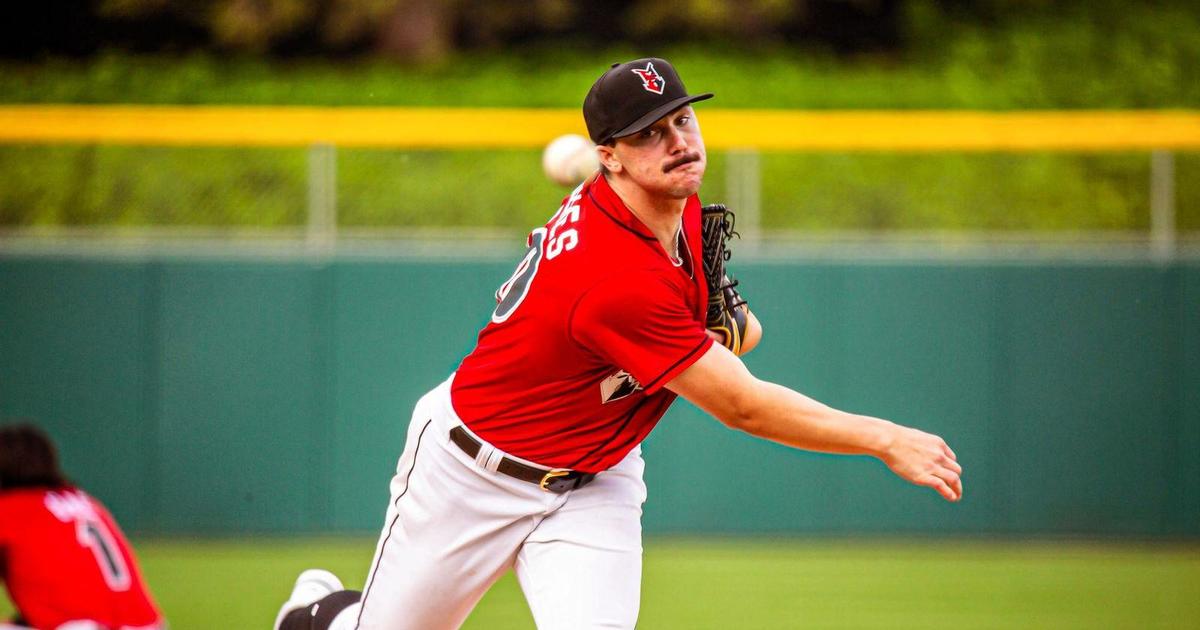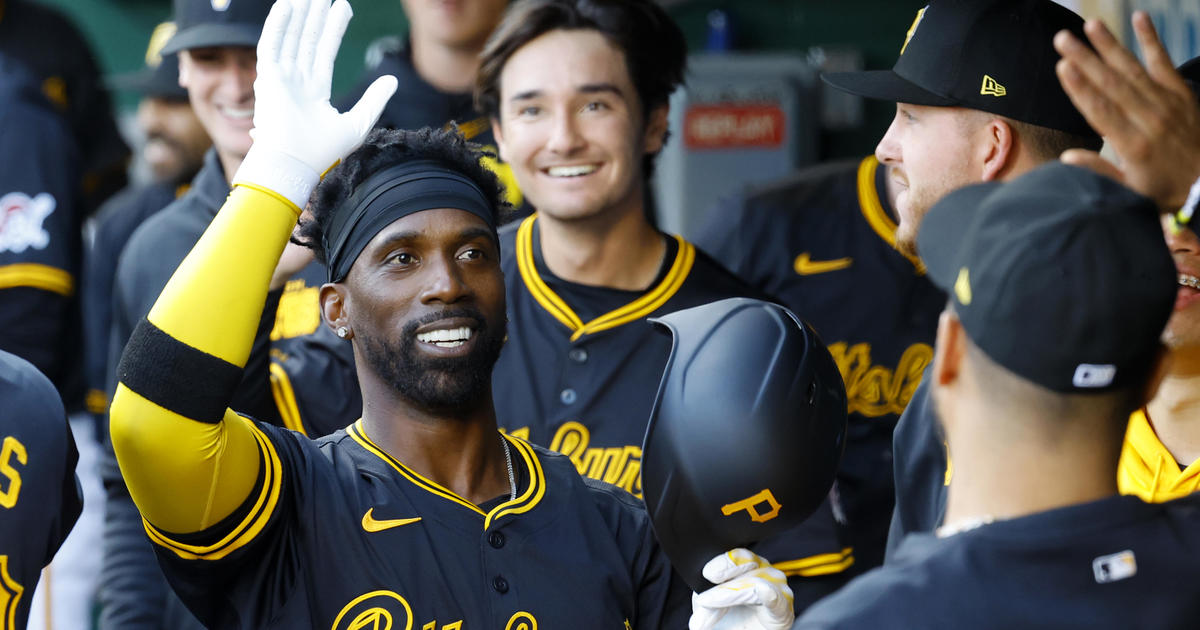CBS Sports Radio Host John Feinstein On His Book 'Where Nobody Knows Your Name'
The 32nd book of the highly successful writing career of John Feinstein hits bookstores on Tuesday, Feb. 25. Where Nobody Knows Your Name chronicles the lives of those trying to reach Major League Baseball. Some for the first time, some for one last time.
Feinstein, the host of the aptly named John Feinstein Show on CBS Sports Radio joined his beleaguered partner Andrew Bogusch to discuss his latest behind-the-scenes look at the sport we love.
Bogusch: Why minor league players and their pursuit of the majors?
Feinstein: The inspiration from the book really came from two things. The first one is just my love of baseball. I follow all 30 Major League Baseball teams ... and having written previous baseball books, I’ve come to have a sense of the huge gap between life in the major leagues and life in Triple-A. The best way to show that is the salaries. The minimum salary in Major League Baseball is $482,000 a year. The maximum salary for someone who’s on a minor-league contract, and these are usually guys who’ve been banging around down there for 10, 11, 12 years, might get it to $100,000 a year -- might -- most make less than that. Very few guys in Triple-A are going to get to that $100,000 plateau. And it’s the difference between staying in a Hampton Inn or Ritz-Carlton. And it’s everything that is just totally different.
Even though the guys in Triple-A are really, really good baseball players, and that is where the other kind of inspiration for this book came from. When I did my book seven years ago now on PGA Tour qualifying school, I encountered many players who were very good golfers. Guys who’d been major champions and had slid back to having to go back to qualifying school to get back on the tour; guys who’d been really close, who’d been up on the tour and come back, and many, many guys who were clearly great golfers but not quite at that elite level where they were playing for millions of dollars, and that’s the same with baseball. The guys who get to Triple-A are the best of the best, they’re just not the best of the best of the best, and I knew I would encounter many people who would be familiar names to baseball fans. The most obvious examples would be guys like Jamie Moyer, who was pitching in Triple-A when I was researching this book for a brief period. Miguel Tejada, who had been an MVP, was in Triple-A, and the book begins with Mark Prior jogging out of the bull-pen in Allentown, Penn. completely unnoticed by anybody in the stadium because he’s just a Pawtucket Red Sox middle reliever. Anybody who’s a baseball fan knows that 10 years ago he was the next one. He was 18-6 for the Cubs in 2003 and was on the mound when the infamous (Steve) Bartman incident took place in the playoffs. And here he was at the age of 31 hoping to get one more sniff at the major leagues. And then there are all sorts of guys who’d been up and down, guys who had spent three days in the majors and it was the greatest moment of their life, so I knew there’d be stories all over and I wanted to go find them.
Bogusch: Even knowing there are all those stories there, are you still nervous about finding the best ones for a book? And when do you feel comfortable that you have what you need?
Feinstein: I think you always wonder if you’ll find the right stories. You know they’re out there somewhere and you need to either guide yourself or get help in finding the right ones. I had a lot of help from friends who were baseball writers, who sort of said, well you may not have heard of this guy but he’s a really good story. For example, the very first day I was in spring training I was in the Yankees locker room in Tampa and I was standing there talking to my friend, Richard Justice, and he pointed over to a guy in the corner. He said, “Doug Bernier over there ... I don’t know if he’s ever been in the big leagues, but he’s a really good guy. Maybe you should go talk to him.” And I walked over to Bernier ... now, you’re in a Yankee locker room at that moment with Derek Jeter and Alex Rodriguez and CC Sabathia and all the Yankee stars there back in the spring of 2012 ... and I walked over to Bernier and introduced myself. I said, “Doug, have you got a minute?", which is what we all say as reporters and he looked at me and said, “Can’t you see I’ve got all these people lined up to talk to me?” And right away I liked him.
And it turned out he had spent three days in the Major Leagues in 11 years as a professional baseball player ... (he) graduated from Oral Roberts and went there not because of religion, but because he had an opportunity to play baseball. (He) had to go to Walmart his first day of school there because he didn’t realize you had to wear a jacket and tie to class. He didn’t have a tie so he bought a clip-on tie at Walmart and wore it for the next two years.
He’d spent three days with the Colorado Rockies in 2008. He told me, prorated, he had made $7,200 for those three days in the majors and when he got his two-week check at the end of that period it was the first time in his career he had gotten a check that had a comma in it after taxes were taken out. So you need some luck and some help. Richard kind of pointed over, didn’t even know that much about him and said, “He might be worth talking to” and he turned out to be a great story. There were others who were more obvious that I wanted to talk to. Also, when you talk to the managers, whether they’re the managers in the International League ranging from Ryne Sandberg, who’s obviously in the Hall of Fame, who was in Lehigh Valley that year, to Arnie Beyeler who never spent a minute in the major leagues, got to Triple-A for about 15 minutes, and talked about the fact one of the reasons he thought he wouldn’t get to the majors was because they’d take into account, to quote him: "What’s on the back of your bubblegum card." Well, he won the International League championship that year and was promoted last year to be a Red Sox coach and was part of a world champion last year. So, stories like that are really cool.
Bogusch: One of the more intriguing parts for me, because it involved a lot of stuff that I just didn’t know about, was what you wrote about umpire Mark Lollo. Were you intending at the beginning to bring in kind of an outsider, so to speak, like an umpire?
Feinstein: Yes. When I do books like these I’m always looking for the guys who aren’t necessarily the ones you would think you would focus on -- players, managers. In this case, I knew I wanted to talk to a couple of the broadcasters, which I did, there were a couple neat stories there, and then I wanted to talk to the umpires. I had great success in the past, I’m not sure that is the best way to describe it, but I found great stories among officials. When I did my second basketball book I spent a week traveling with college basketball referees and I think that produced some friendships and great stories, not only for that book, but in the future because I established those guys as people who trusted me and would talk to me. And so I fully intended going in to talk to umpires, and the people in the International League who were great to me all year said, “Well, this guy is our top umpire and he’s a good guy and I’m sure he’ll talk to you.” So I tracked him down, sat down with him and it turned out to be an even more intriguing story then I expected because Mark Lollo was on what’s known as “the call-up list” for umpires. Every year, there are usually right around 18 umpires in Triple-A, both in the International League and the Pacific Coast League, who, when umpires go on vacation or somebody gets hurt, these guys get called up to take their place for that period.
Mark had made the call-up list the previous year, had worked six games in the major leagues, and felt like he was getting close. Because usually about four or five umpires retire at the end of every season and the first five ... are the ones who get called up and then the next five, if they’re still doing well, will move into that 1-5 position. And Mark was near the bottom, he knew because he was in his first year. It usually takes three years to go from the call-up list to the majors, but if you don’t make it to the majors in that time they fire you. It’s not like being a player, where if you don’t make a team you go to Triple-A. If you’re not good enough for Triple-A [and] still want to play, you can go back to Double-A; you can go play independent league ball, like some guys have done through the years. A couple of the guys I worked with in 2012 spent 2013 in independent league ball because they weren’t ready to quit. But it’s not that way with umpires -- you’re either up or you’re out. And by the end of the season, I don’t want to give the story away, by the end of the season, Mark Lollo was very nervous about whether he was going to be up or he was going to be out, and to me that’s a tension that’s completely unique and players don’t have to deal with.
Bogusch: When writing a book like this, do you feel like an intruder because you’re seeing things, especially negative things, that you wouldn’t normally see? And if so, do you ever get over it?
Feinstein: I think the fact that my very first book was that kind of book, Season on the Brink, where I was there constantly, I was in team meetings, I was in the locker room, I was on the bench with the Indiana basketball team, helped me kind of get through that. There are two things about it that I always sort of adhere to now. I feel I could make a choice if something is so sensitive that a guy needs space. The only time I left a room when I was doing A Season on the Brink was when Delray Brooks came in to tell Bob Knight he was going to transfer. I just felt the player, and I like Delray a lot, was entitled to that moment alone with his coach, that there shouldn’t be an outsider, as you say, sitting there listening to him tell his coach that he’s going to transfer. Afterwards, I spoke to Bob and I spoke to Delray about the meeting and they were both very emotional about it. And that’s the thing, if you don’t stay, if you establish trust with the people, then they’ll tell you what happened. If you do stay, even if there’s something in there that’s sensitive or difficult, you still can go talk to them about it so they can give you their version and tell you how they felt so they don’t feel like you were kind of just swooping in, grabbing a story, and swooping out.
Bogusch: What do you get out of writing a book that you don’t from the Washington Post or radio or TV?
Feinstein: It’s time and space. I used to joke that when I was just working for the Washington Post when I first got out of college, my biggest frustration was I never had enough space. I always thought the stories I was writing merited more space then they gave me. There’s a famous Feinstein story where I called into an editor named George Minett. I was covering a Davis Cup final, and I was down on a budget to write 24 inches, and I said, "George, there’s no way to write this story in 24 inches. [John] McEnroe went crazy, and this and that, and I said I need at least 40 inches. He said, “Absolutely, you write 40 inches, we’ll use the best 24.” And that was sort of the definition of my newspaper career. Still is, I still write too long.
But when you write a book, you can go longer, you can go into great detail. You still have an editor who may say this is too long, you should take this out, and that’s good, I need editing, everybody does, but you have that luxury of detail, of being able to put in every single detail you think is relevant. I always thought that what I do best in the books I write is I give people detail and background information ... not necessarily headlines, but tell the story behind the headlines. And I get the chance to do that and I also have the chance to get to know people and get them to trust me in a way that you don’t have when you work for a newspaper and you’re on deadline.
Bogusch: What remains the fantasy project? What do you hope to be able to write about sometime soon?
Feinstein: All kidding aside, there are two things, and I was just talking to my wife about this. You know me and you know I’m not kidding when I say this: I really would love to write a hockey book. I love hockey, and I’ve got to find the right story because as we are told by our boss’s everyday, hockey is a niche sport, and those who love hockey truly love it, but there aren’t as many of them as there are basketball fans or baseball or football or even golf. So, I’d love to write a hockey book. I know the title. The title would be Season on the Rink. And I would also, if I ever got time, if I ever had actual down time, I’d love to write a play. I love theatre, and I’ve always wanted to write a play. I’ve tinkered with a one-man play based on the Red Auerbach book that I wrote. I have a couple other ideas, but those are the two things I would really, really love to do.
Sports Stories You May Also Be Interested In



